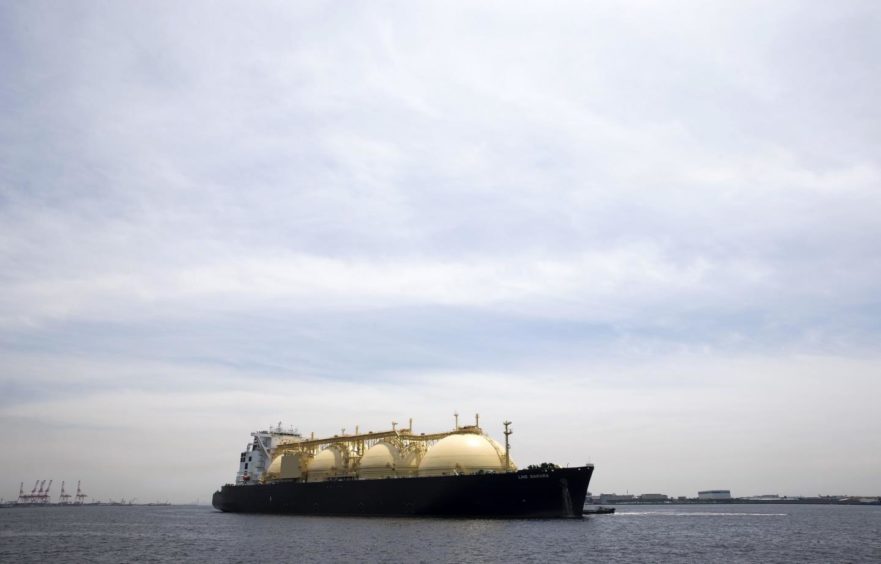
It is unlikely that Europe will agree to cutting gas flows from Russia, but the invasion of Ukraine has had a clear impact on security of supply considerations.
There was an “incredibly strong push on prices even before the invasion of Ukraine”, Morningstar energy strategist Allen Good told Energy Voice. Despite Russia’s move into Ukraine, there has been no disruption of gas flows – and it seems unlikely this will occur in the near term.
“I think more sanctions will come, but the West is in a difficult situation. The West may not like this reliance, but there is no ability to disrupt those flows,” Good said. “Europe needs the gas, Russia needs the cash. Russia has a slight edge but it is reliant on the European market.”
European considerations around security of supply will involve some combination of renewable energy and LNG supplies.
“Natural gas is the bridge fuel whether they want it or not,” Good said. Shell reported earlier this week that while China had signed a slew of long-term contracts, European buyers had shied away from this commitment.
Europe is often referred to as the LNG market of last resort. In a tight market, though, this is likely to mean supplies seek higher prices elsewhere.
Up top
“There will be a shift driven by security of supply considerations. LNG will go from being a supply of last resort to a primary part of the energy mix,” the Morningstar analyst said.
This will underpin new project developments in the US and other locations. Good noted expansion opportunities in Papua New Guinea, Australia and East Africa.
In the near to medium term, LNG and gas prices will continue to be strong. The fuel has been touted as a decarbonisation strategy for shipping. Good suggested this would still hold water, where the main drive was a move to lower carbon. “Any alternative to traditional fuels will be expensive.”
Europe’s energy transition drive will lead to “more volatile energy markets” in the medium term, he said. “If the wind doesn’t blow or the sun doesn’t shine, there will be shortages. There will be storage in time, but it’s not now and it’s cost effective.”
Gas and LNG, therefore, will be the only valid option to cover the shortfall. “The gas market will be tight, if not short, for the next five years. In the near to medium term, there’s going to be increased reliance on LNG.”
